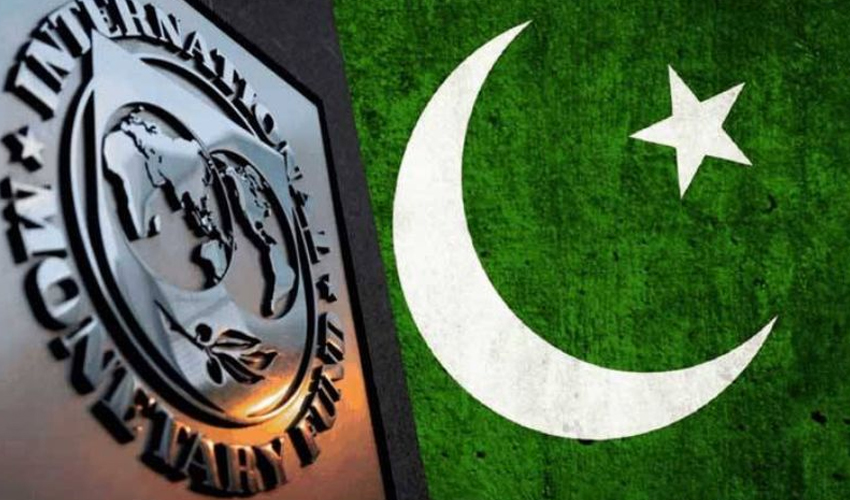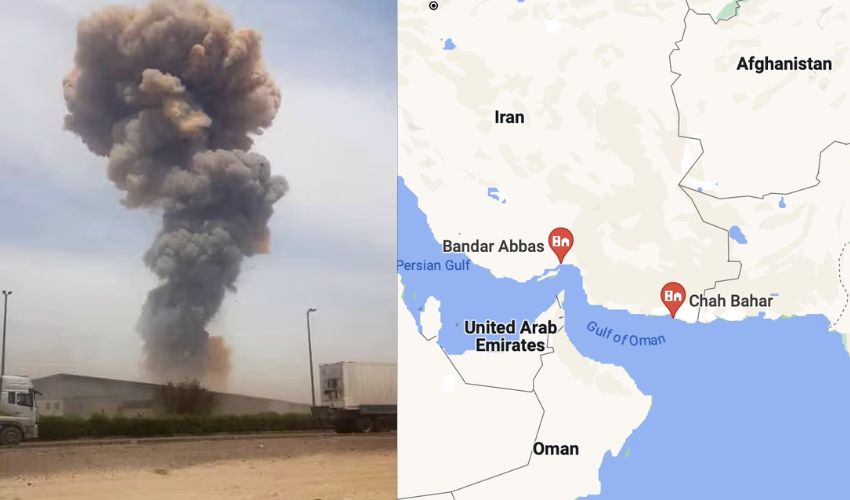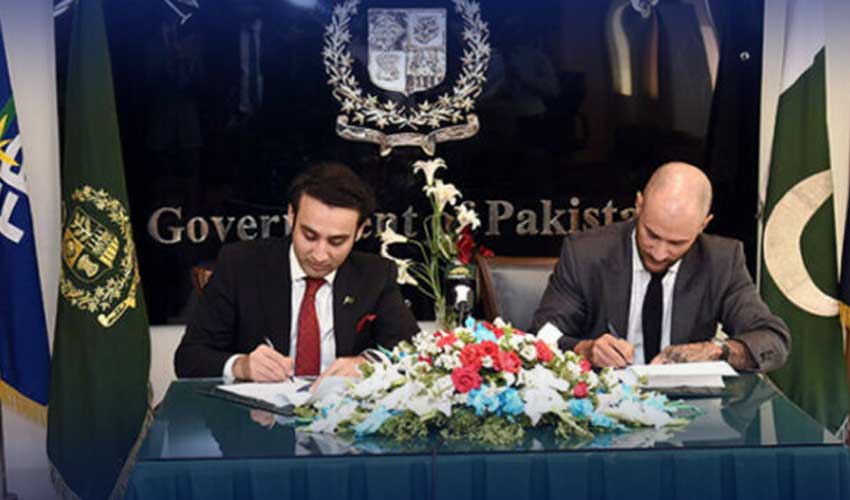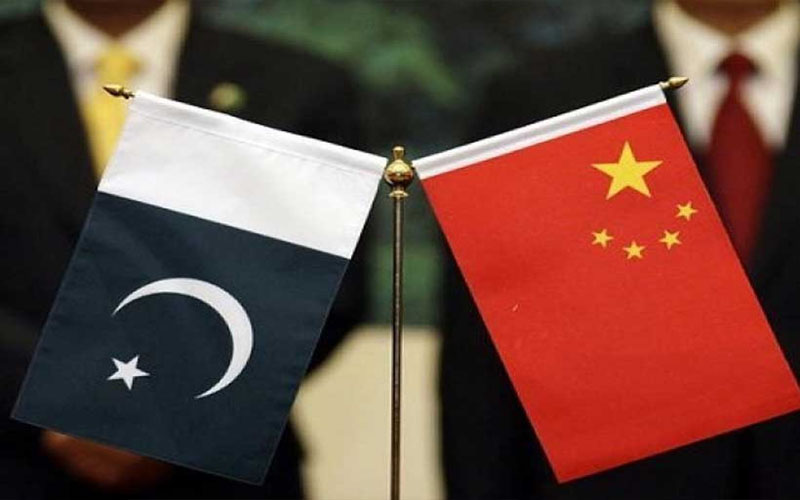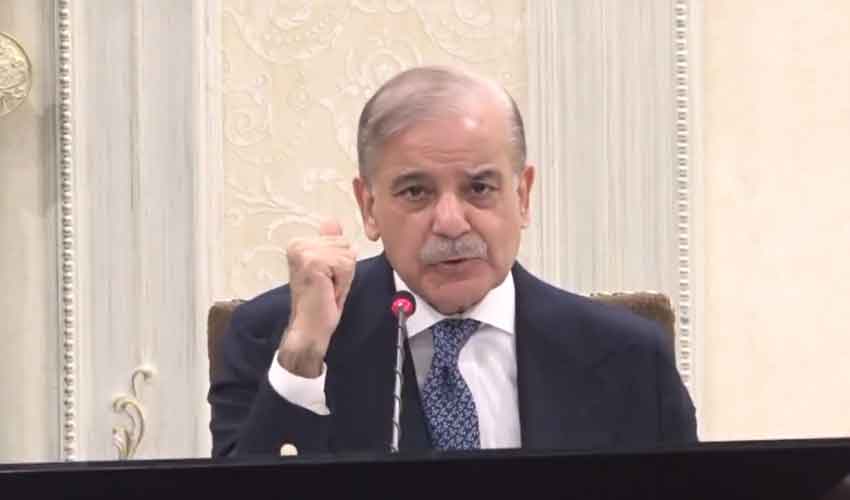The final approval of Pakistan's much-anticipated $7 billion bailout package from the International Monetary Fund (IMF) remains uncertain, as the IMF Executive Board’s schedule until August 28 has been released.
Notably, Pakistan's name has yet to be included in the board's agenda, raising concerns about the timeline for the disbursement of the loan.
Despite the exclusion, sources indicate that the Executive Board has the discretion to add agenda items outside of the official schedule, leaving room for optimism. This development follows the staff-level agreement between Pakistan and the IMF, which was signed on July 12.
The finance minister has hinted at the possibility of the board meeting taking place at the end of the month, potentially offering relief to the country's struggling economy. Officials explain that typically, after a staff-level agreement is reached, the Executive Board meets within four to six weeks to finalize the agreement.
The new IMF loan program, set to span over 37 months, is expected to provide critical financial support to Pakistan, helping to stabilize the economy, boost foreign reserves, and address ongoing fiscal challenges.
Also Read: Pakistan, IMF reach agreement on new $7bn loan program
However, until the Executive Board gives its formal approval, Pakistan's financial outlook remains in a state of flux.
In a statement issued by IMF’s Mission Chief to Pakistan Nathan Porter on the signing of the agreement, "The Pakistani authorities and the IMF team have reached a staff-level agreement on a comprehensive program endorsed by the federal and provincial governments, that could be supported by a 37-month Extended Fund Arrangement (EFF) in the amount equivalent to SDR 5,320 million (or about US$7 billion at current exchange rates)."
It further said that the agreement was subject to approval by the International Monetary Fund's Executive Board and timely confirmation of necessary financing assurances from Pakistan's development and bilateral partners.
Also Read: Top energy bureaucrat blames IMF pressure for electricity bills hike
According to the IMF statement, the program aims at capitalising on the hard-won macroeconomic stability achieved over the past year, by intensifying efforts to enhance public finances, curb inflation, rebuild external buffers, and eliminate economic distortions to promote private sector-led growth.
The authorities' policy objectives include sustainable public finances, through a gradual fiscal consolidation based on reforms to broaden the tax base and remove exemptions, while increasing resources for critical development and social spending. In this regard, the authorities plan to increase tax revenues through measures of 1.5% of GDP in FY25 and 3% of GDP over the program.





